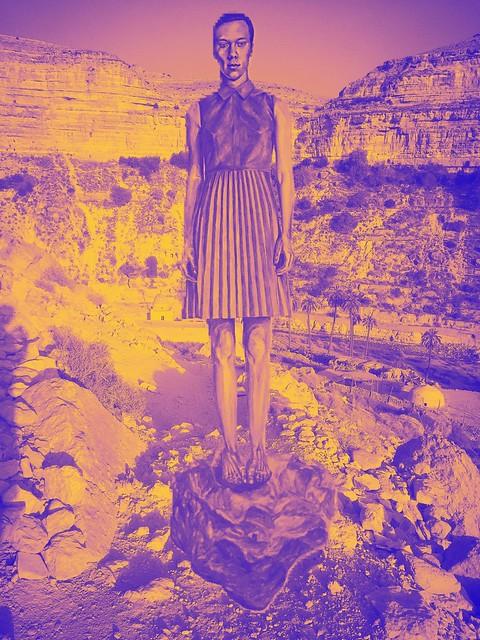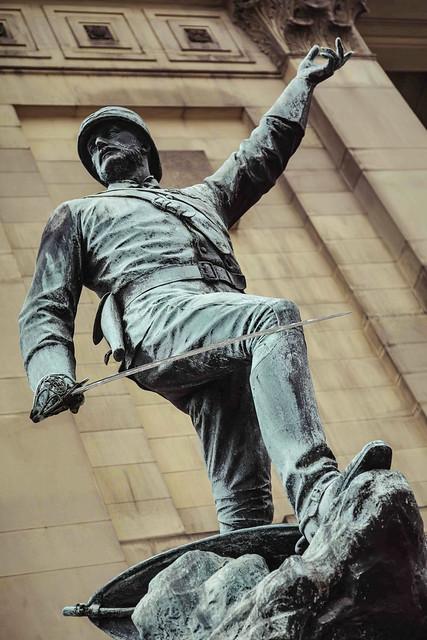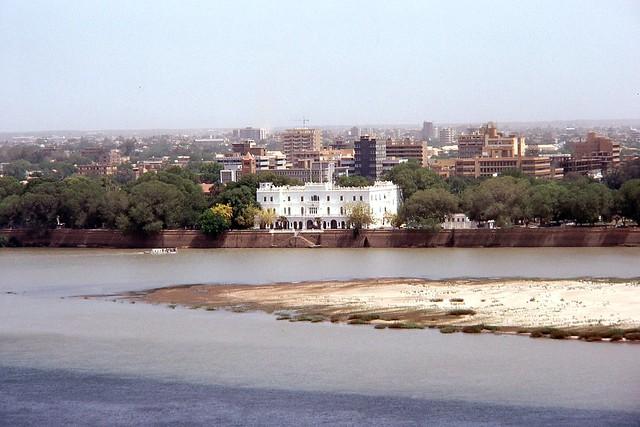



Khartoum
Overview
Geographical Significance
Khartoum, the capital city of Sudan, is uniquely positioned at the confluence of the Blue and White Nile rivers. This geographical feature not only provides stunning views and serene waterfronts but also serves as a pivotal point for trade and transport throughout the region. The merging of these two rivers is a sight to behold, with their distinct colors creating a natural spectacle that has captivated travelers for centuries. The city itself is a blend of modern and traditional architecture, with a skyline that reflects its growing urbanization alongside historical structures that tell stories of its past.
Cultural Melting Pot
Khartoum is a vibrant cultural melting pot, where diverse ethnic groups and communities coexist, including Arabs, Nubians, and various indigenous peoples. This rich tapestry of cultures is evident in the city’s lively markets, such as the bustling Souq Omdurman, which is one of the largest and most famous markets in Sudan. Here, visitors can immerse themselves in the local atmosphere, bargaining for spices, textiles, and traditional handicrafts, while also savoring local street food like foul medames (stewed fava beans) and kebda (liver sandwiches). The sounds of vendors calling out and the aromas of grilled meats fill the air, creating an invigorating sensory experience.
Historical Significance
The history of Khartoum is rich and complex, marked by its role as a center of trade, politics, and culture for centuries. The city was founded in the 19th century and has since seen significant events, including the Mahdist Revolution and the Anglo-Egyptian rule. Historical landmarks, such as the Mahdi's Tomb and the National Museum of Sudan, offer insights into the city’s past and the broader history of Sudan. The museum houses an impressive collection of artifacts, including ancient Egyptian relics and Nubian treasures, allowing visitors to understand the region's historical significance and its place in African history.
Religious Heritage
Religion plays a significant role in the daily lives of Khartoum's residents. The city is home to numerous mosques that showcase stunning Islamic architecture. One of the most prominent is the Great Mosque of Khartoum, known for its striking minarets and beautiful interiors. Visitors can engage with the local community by attending Friday prayers or simply exploring the peaceful courtyards. The call to prayer resonates throughout the city, creating a rhythmic backdrop that embodies the spiritual atmosphere of Khartoum.
Modern Life and Hospitality
Despite its rich historical background, Khartoum is also a city of modernity, as seen in its growing infrastructure and contemporary lifestyle. Cafés and restaurants serve a mix of traditional Sudanese cuisine and international dishes, catering to both locals and travelers. The hospitality of the Sudanese people is renowned, and visitors often find themselves welcomed with warm smiles and generous offers of tea. Engaging with locals can lead to fascinating conversations about their culture and traditions, making for memorable interactions.
Outdoor Experiences
For those seeking outdoor adventures, Khartoum offers beautiful parks and riverfronts. The Corinthia Hotel provides a stunning view of the Nile and is a perfect spot to enjoy a sunset. The nearby Al-Mogran Family Park is a popular destination for families, featuring green spaces, playgrounds, and picnic areas. Additionally, a boat ride on the Nile allows travelers to appreciate the natural beauty surrounding the city while enjoying a different perspective of Khartoum’s skyline.
Khartoum stands as a city where the past and present entwine, offering a unique destination that is rich in culture, history, and hospitality. Visitors will leave with not just memories of stunning landscapes and vibrant markets, but also a deeper understanding of Sudanese life and its remarkable resilience.
Other towns or cities you may like in Sudan
Explore other cities that share similar charm and attractions.


